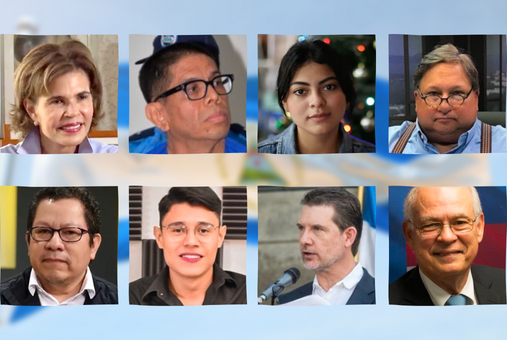
At least eight journalists, media entrepreneurs and journalism students were among the 222 political prisoners released and exiled to the United States, while Daniel Ortega's regime threatens to strip away their citizenship and rights as Nicaraguans.

Over the past decade, press freedom around the world is deteriorating and the list of countries facing issues has been growing. With the testimonial of seven journalists from Asia and Latin America, ISOJ 2022 debated the state of press freedom and the serious situation reporters are recently facing in India, Hong Kong, Colombia, Brazil, Venezuela, El Salvador, and Nicaragua.
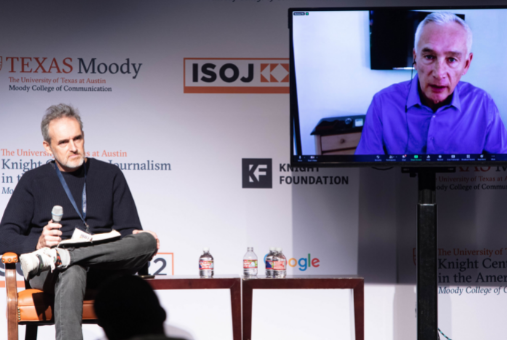
The main responsibilities of a journalist should be to report reality as it is and to serve as a counterweight to power without being afraid to take a stand in the face of acts of authoritarianism, human rights violations and corruption, said the journalist in a conversation with the managing editor of El País, Borja Echevarría.

The president of the Council of Ministers of Peru (PCM), Aníbal Torres allegedly tried to interfere with the allocation of state advertising for a government school campaign, requesting the exclusion of the media from Grupo El Comercio. Experts and organizations spoke out.

Pese a que en América Latina la cifra de periodistas en prisión es relativamente baja, el CPJ advirtió que en 2021 se registró un preocupante deterioro en la situación de la libertad de prensa en la región al considerar otros indicadores.
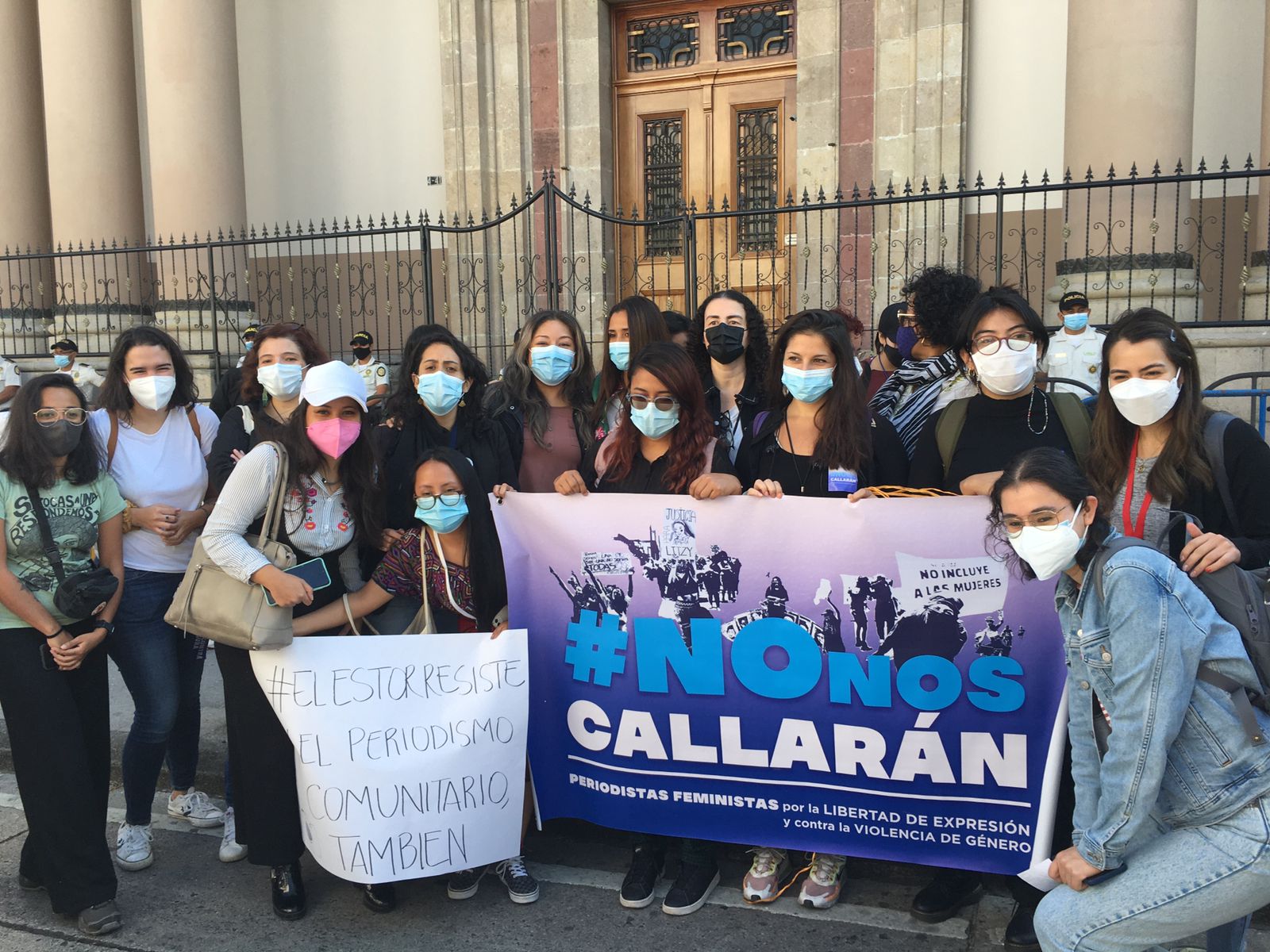
Given the recent increase in attacks and harassment of journalists in the Central American country, Prensa Contra la Censura intends to raise awareness among Guatemalans as to the importance of defending independent journalism.

Through its podcast Deliberante, the Special Rapporteur for Freedom of Expression encourages audiences to embrace Inter-American standards and especially learn the stories behind them.
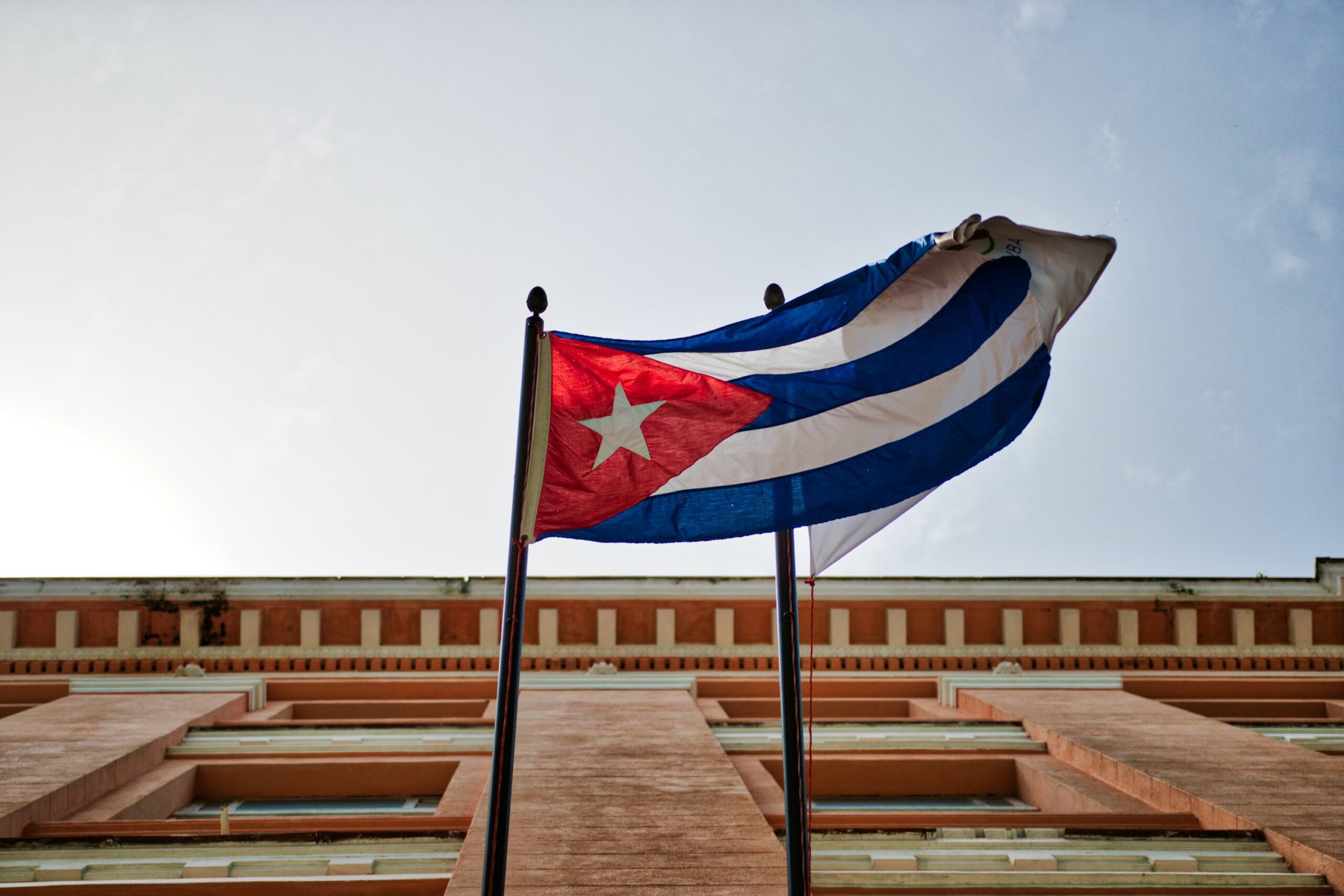
Members of the press have faced extrajudicial house arrests, summons with authorities, suspension of services, withdrawal of accreditations and the presence of security agents near their homes since days before the 15-N protests.
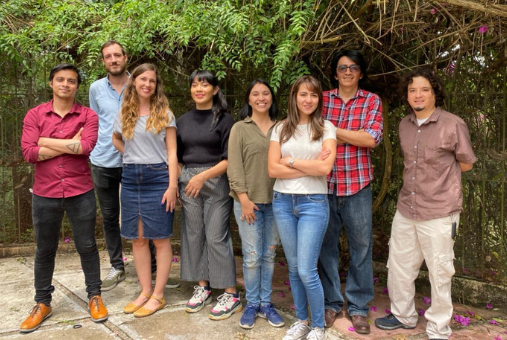
LatAm Journalism Review (LJR) spoke with representatives of three digital media in Guatemala, who spoke about the main challenges for doing investigative journalism in the country and also how they are innovating and investing in new narrative and business strategies
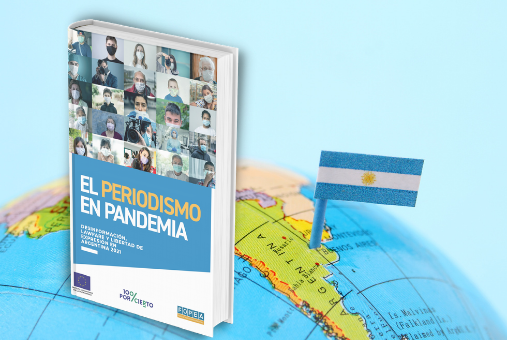
After two years of relative stability, attacks on journalists jumped 41 percent in Argentina last year and reached 82 incidents. In 2019, 58 attacks were recorded, while there were 51 in 2018. Data are from the 2020 Monitoring of Freedom of Expression Report, from the Forum of Argentine Journalists (FOPEA, for its acronym in Spanish).

Cuban journalist Camila Acosta has had to move 10 times, between March and October, replace her cell phone three times and has been detained up to four times.
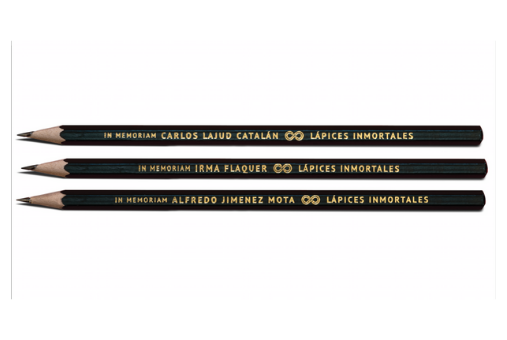
With three new initiatives, the Inter-American Press Association seeks to innovate its work on combating impunity in crimes against journalists, monitoring the state of freedom of expression in the region and supporting its partner media in the digital transformation of the journalism industry.